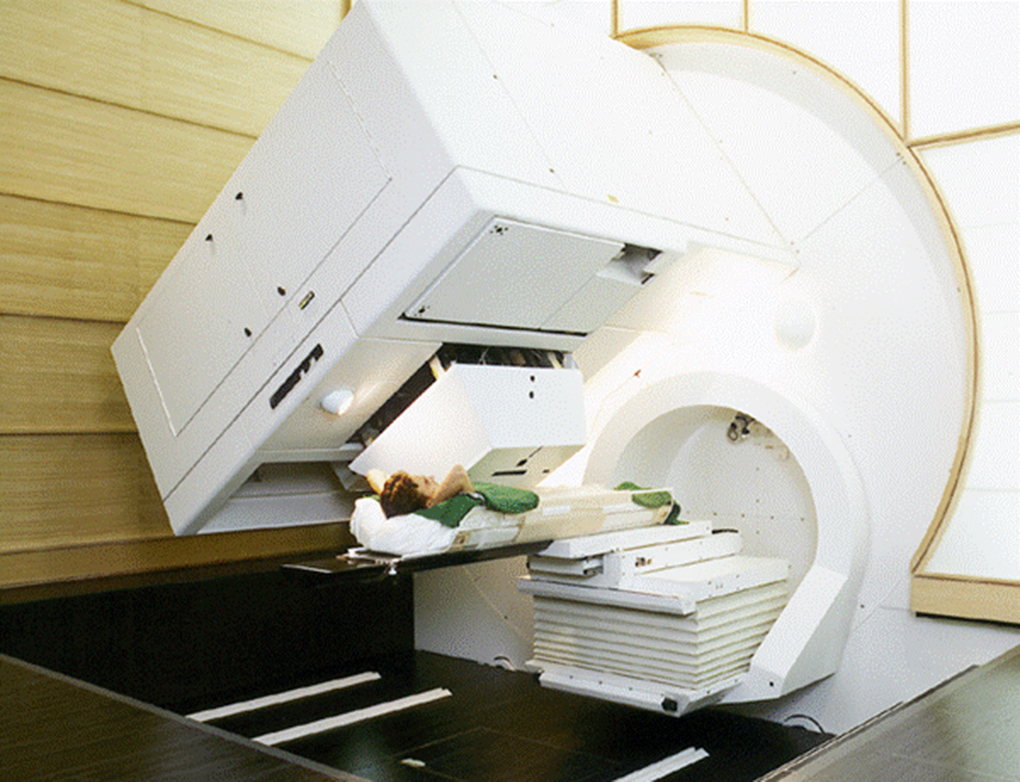
The fight against cancer has made another leap towards finding a cure.
On Sunday the UF Health Cancer Center at Orlando Health, south of downtown, received a new piece of equipment that will help in the fight against cancer.
“The proton accelerator seems beneficial and maybe helpful in finding a cure or stopping [cancer] faster,” junior Ebony West, cancer survivor, said.
This device is called a superconducting synchrocyclotron proton accelerator and is used for delivering radiation to cancerous tumors. The proton accelerator is 34 tons and three stories tall. A crane lifted the proton accelerator into the health center through an opening in the hospital’s roof. Some lanes of traffic on Orange Avenue were closed due to this delivery.
Proton therapy is one of the most precise forms of treatment and will help in situations where the tumor is close to a critical organ like the spine or behind an eye.
The device will also help treating cancerous tumors in children because it uses protons rather than x-rays which can stunt growth. However, children will need to be sedated before because the treatment requires complete stillness.
“[I think this therapy will help cancer patients because] it all give them more freedom in life because they won’t have to take as many medicines,” West said.
The proton accelerator will cause less side affects and will have better outcomes.
“[Proton therapy] sounds [better than other treatments]. It’s the most current treatment. Everybody always wants the newest treatment because it’s more high end,” Clinical Assistant Nurse Manager at the Arnold Palmer Hospital for Children, Susan Rowland said.
One problem with proton therapy is that all cancers have not been proven to have better outcomes and less side effects after going through treatment.
This is the second delivery of the machine. The first was in 2012. Since then doctors and researchers have been working with the proton accelerator and have found its results hopeful0. This lead them to bring in a second device from Mevion Medical Systems of Massachusetts, the manufacturer.
The proton accelerator project costs $25 million and started in 2006. It is projected that the hospital could be using the devices to treat patients by 2016. Doctors and researchers still need to perform more tests before proton therapy can be used on patients.
With this new device cancer treatment will be more precise and beneficial because it will not be stunting growth.
“I would have [used this technology if it had been around during my treatments] because it seems more hopeful and promising,” West said.